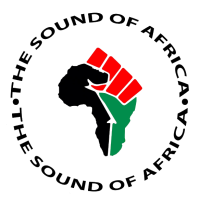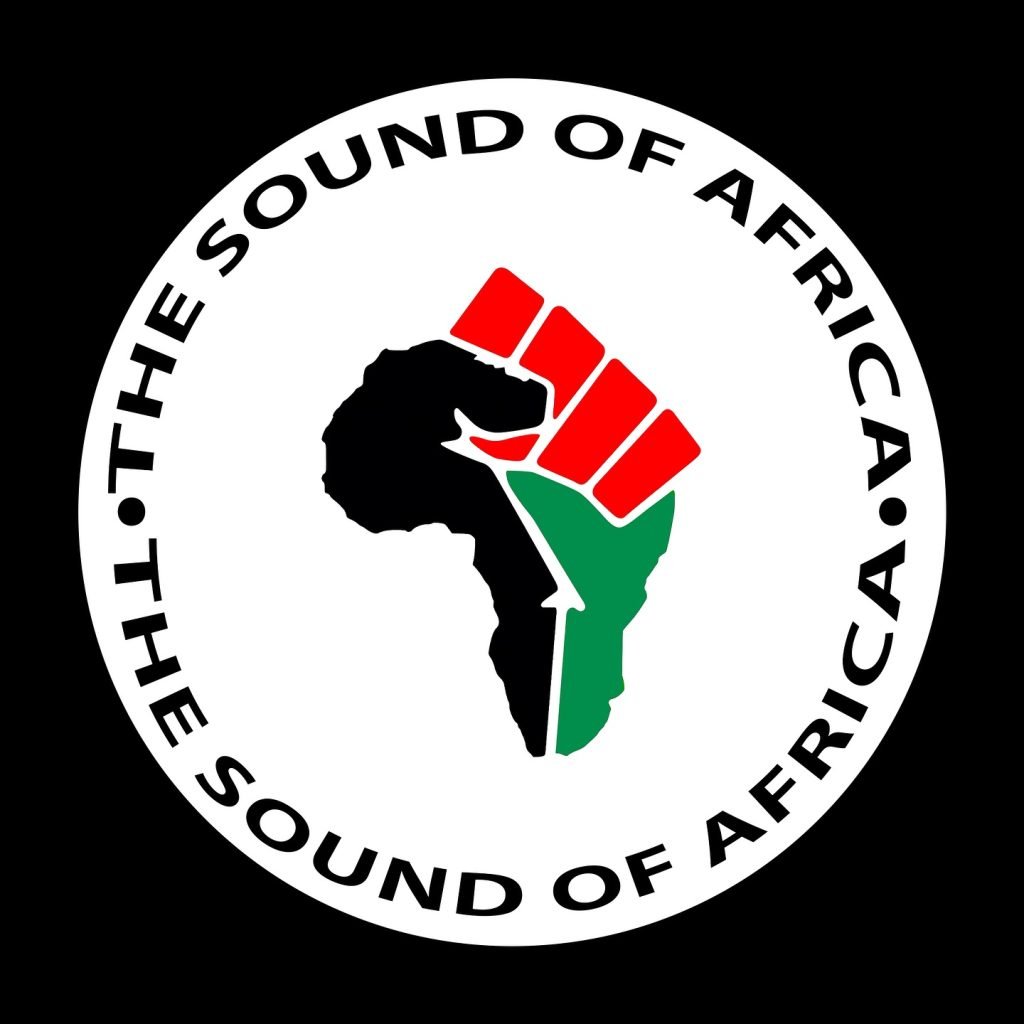SETA is a government body which is tasked with overseeing the skills development and training initiatives in South Africa. The organisation works within all industries in South Africa from tech to agriculture. Not only does SETA oversee skills development programmes but also provides funding to qualifying initiatives and applicants.
The existing SETAs are regulated entities and are established by the Skills Development Act of 1998. The management of funds given to the SETAs must be in accordance with the Public Finance Management Act and other related regulations such as the Supply Chain Management regulations.
Under the South African Qualifications Act, SETAs can be Education and Training Quality Assurers (ETQA). This means that the SETAs can within various economic sectors be present to ensure any training or education is of quality and meets the required standards.
Although the SETAs do so much work around skills development and education, for the sake of this article, we will focus on the funding initiatives that the government body has.
List of SETAs
Before we look at the various SETA funding initiatives, we will look at the industries in which SETA currently works in. The list of registered SETAs includes:
Agriculture sector (AgriSETA).
Banking sector (BankSETA).
Construction sector (CETA).
Education, training and development sector (ETDP SETA).
Chemical industry (CHIETA).
Culture, arts, tourism, hospitality and sport sector(s) (CATHSSETA).
Energy and water sector (EWSETA).
Fibre processing and manufacturing sector(s) (FP&M SETA).
Finance and accounting services sector (FASSET).
Food and beverage manufacturing sector (FoodBev SETA).
Health and welfare sector (HWSETA).
Insurance sector (InSETA).
Local government sector (LGSETA).
Media, information and communication technologies (MICT SETA).
Manufacturing, engineering and related services sector (MerSETA).
Mining qualifications authority (MQA).
Public services sector (PSETA).
Safety and security sector (SASSETA).
Services sector (SSETA).
Transport sector (TETA).
Wholesale and retail sector (W&RSETA).
These are all the SETAs which are in operation in their various industries. Now we can look at the different funding options they have.
SETA Funding Instruments
SETA has two different ways in which it gives funding. The government body has mandatory grants and discretionary grants.
Mandatory grants are grants paid by the relevant SETA to companies who are eligible for the funding. The funding is calculated at 20% of an employer’s 1% skills levy.
Discretionary grants are awarded to employers who apply for this type of funding. The funding covers the remaining 80% of your company’s skills development levy.
Both of these grants are paid in cash which is transferred to your business account.
SETA Mandatory Grants
All SETA mandatory grants are available to all employers in any sector. In South Africa, any business with a payroll over R 500 000 must pay a skills development levy to the South African Revenue Services (SARS).
As an employer, you have to pay 1% of your salary to SARS. SARS then allocates the skills development levy to the SETA which is relevant to your industry. You can claim back 20% of your total SETA contribution by submitting a Workplace Skills Plan and Annual Training Report.
Additionally, SETA offers capacity-building workshops to help you comply with its requirements for funding.
Every year, SETAs open their application window between December and April. The application window is advertised on the SETA website and social media pages.
For more information on upcoming SETA funding programmes, reach out to the SETA representative who works within your province. You can also find any extra information such as application check lists on the website as well.
Note: There aren’t any open mandatory grants currently for SETA. Applications open in December.
SETA Discretionary Grants
SETA discretionary grants are awarded through Expression of Interest processes where SETA advertise the funding annually on its website. The grants are open to all SETA registered employers. The discretionary grants are a contractual obligation that exists at the end of each financial year.
To apply for a SETA discretionary grant you need to follow these steps:
Step 1: Register your organisation with SARS.
Step 2: A skills development levy number will be issued to you which you will add to your application.
Step 3: Pay the 1% of total remuneration paid to employees to SARS.
Step 4: Submit your application including your work skills plan to SETA by the end of April.
Step 5: Wait for SETA to send you approval of your work skills plan.
Step 6: Await final approval and thereafter you will receive your quarterly discretionary grant.
The following are the types of discretionary grants available from SETA:
Learnerships.
Skills programmes.
Bursaries.
Work experience grants.
Pre-apprenticeship grants.
Early childhood development.
SDF training.
Ad hoc projects.
Levy exempt.
SME funding.
Discretionary grant information is available from the SETAs. You can contact SETA at (+27)11 276 9600 or e-mail customercare@serviceseta.org.za.
Apply for funding from your relevant SETA today and get the funding you need to develop the skills of your employees and yourself.
SETA is a government body which is tasked with overseeing the skills development and training initiatives in South Africa. The organisation works within all industries in South Africa from tech Read More


